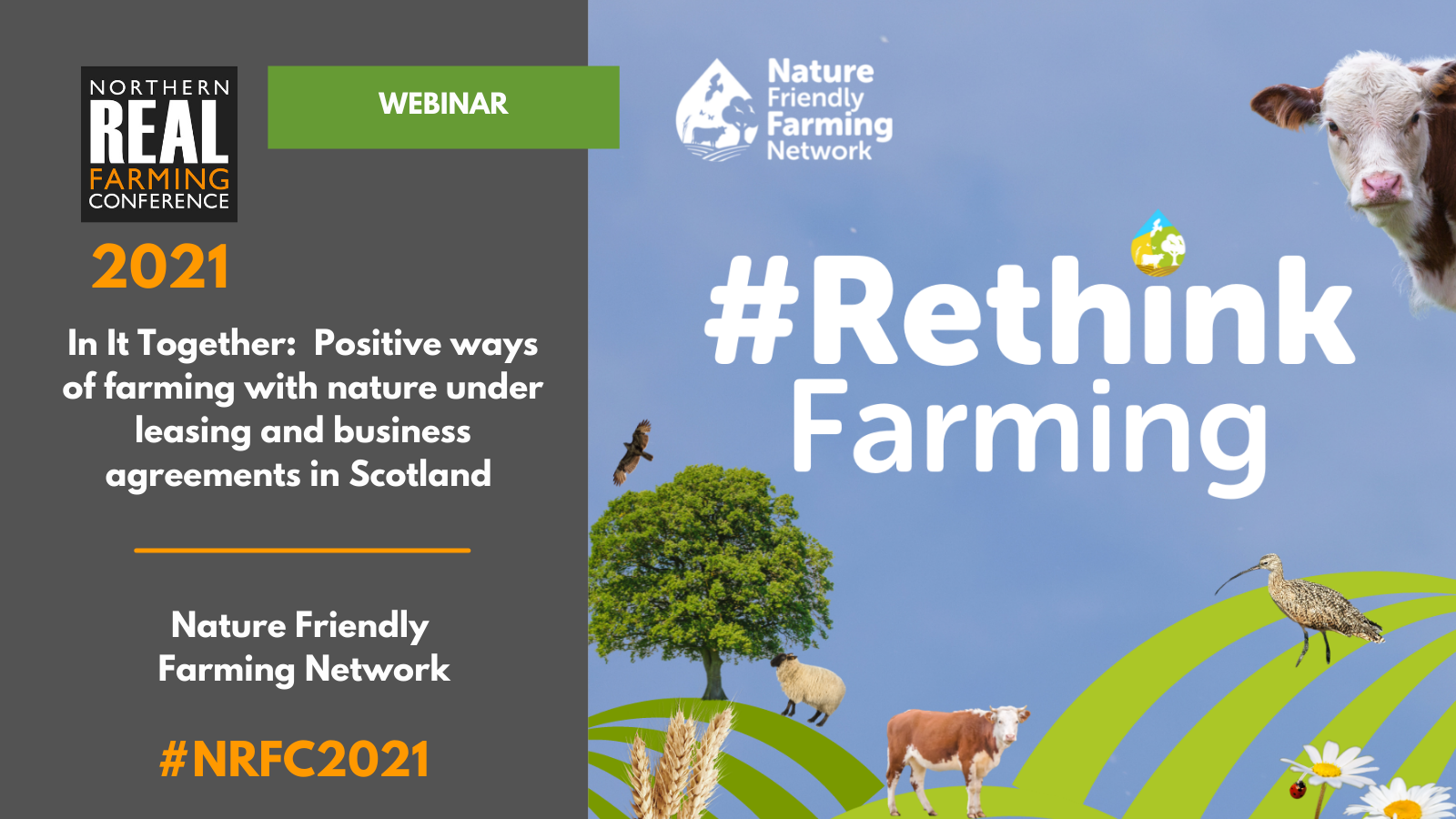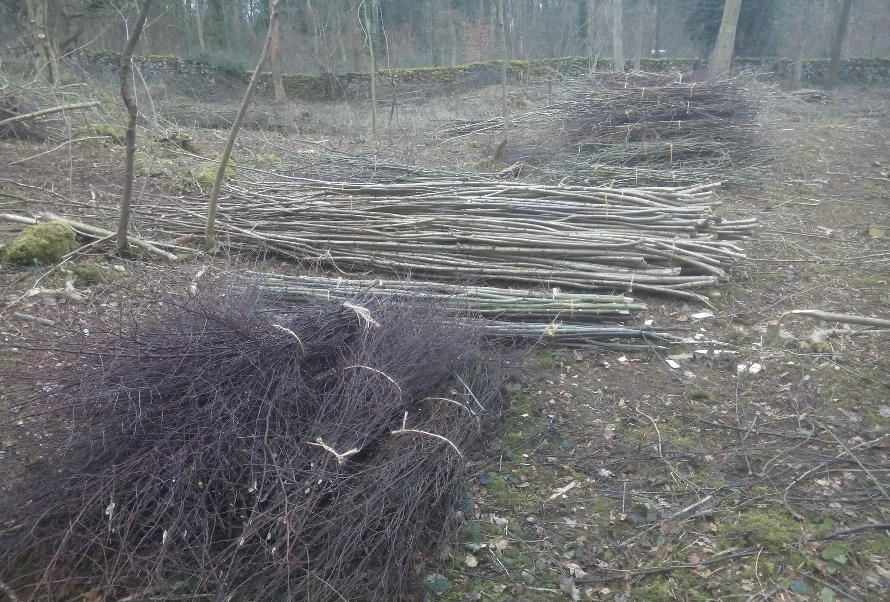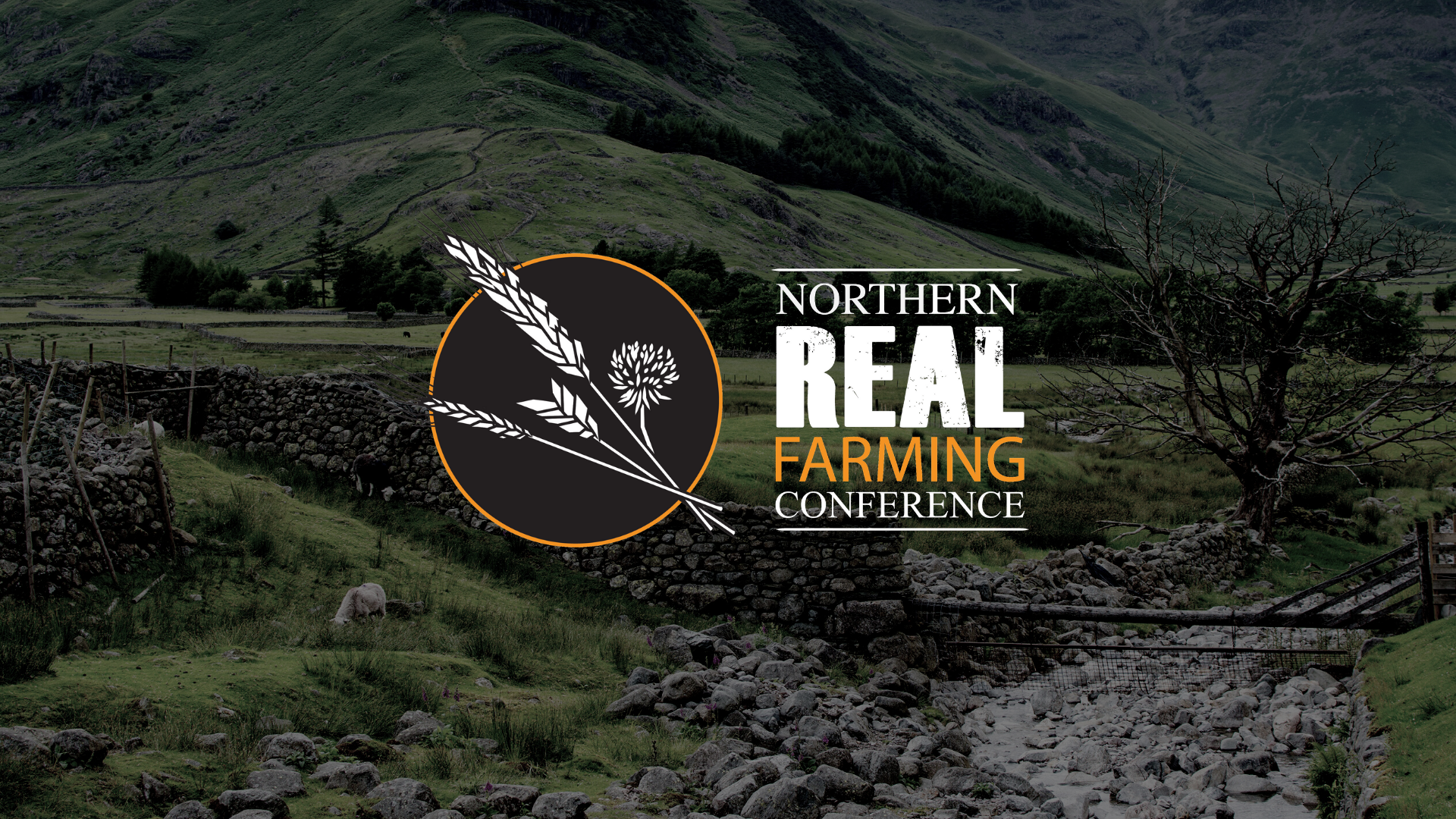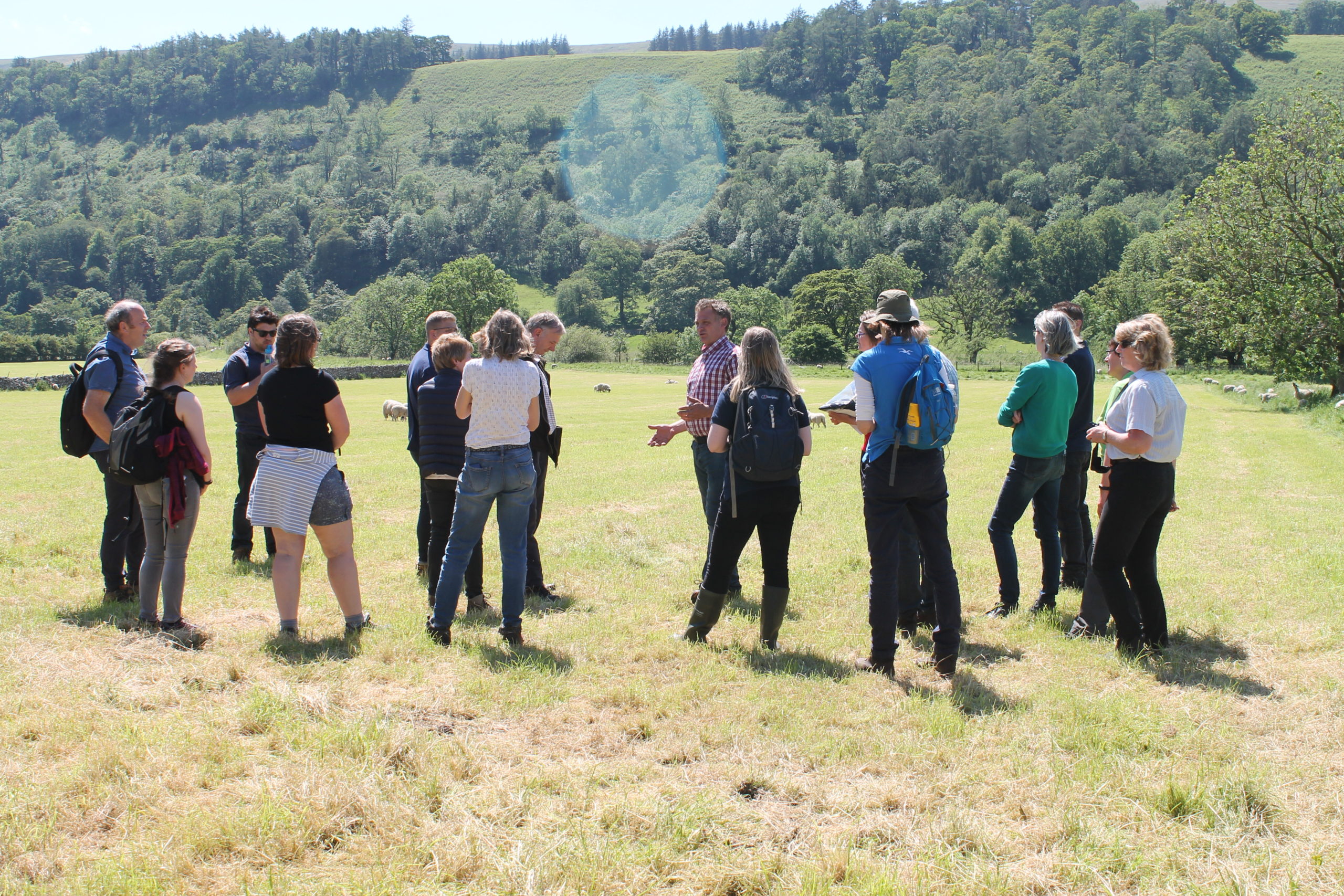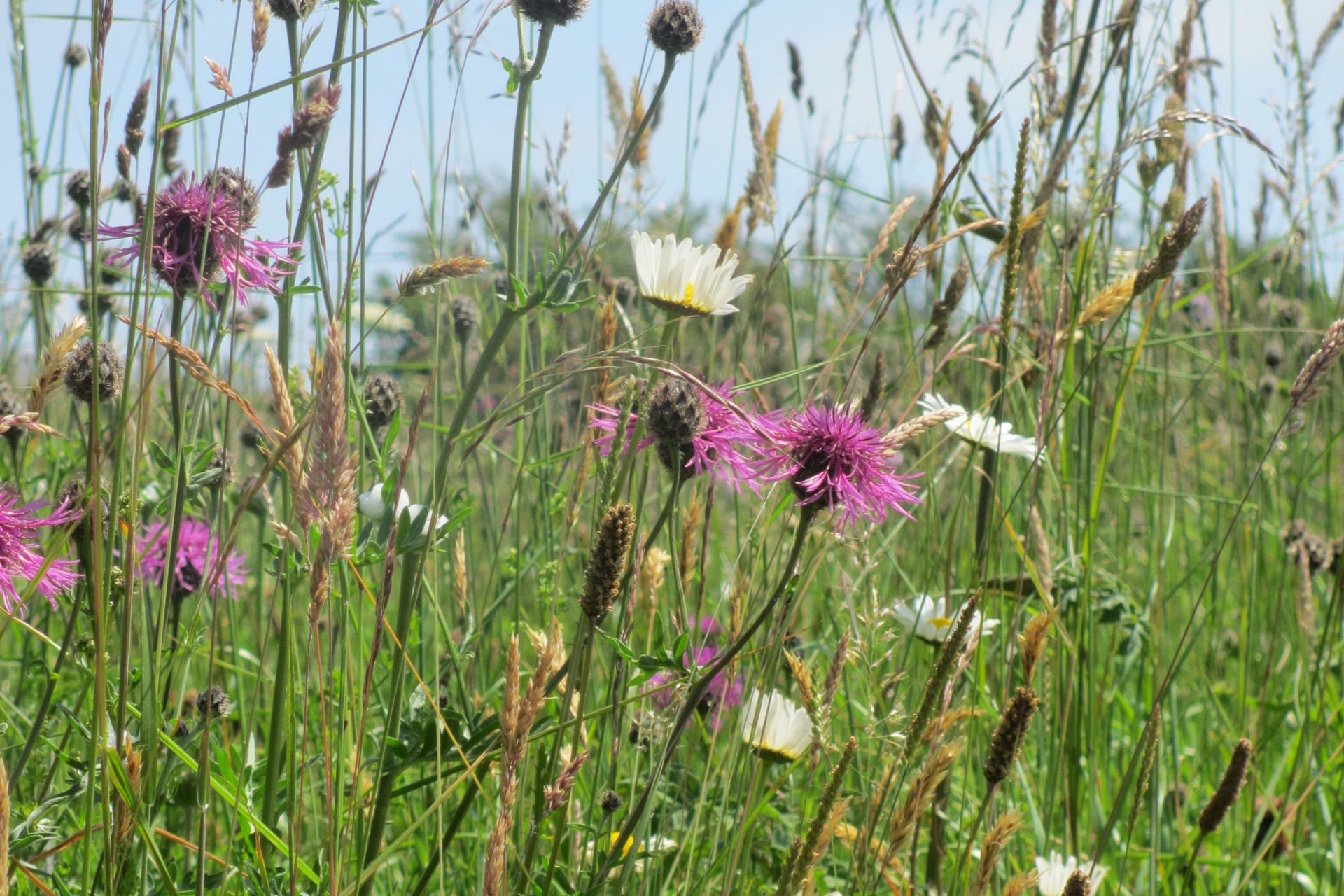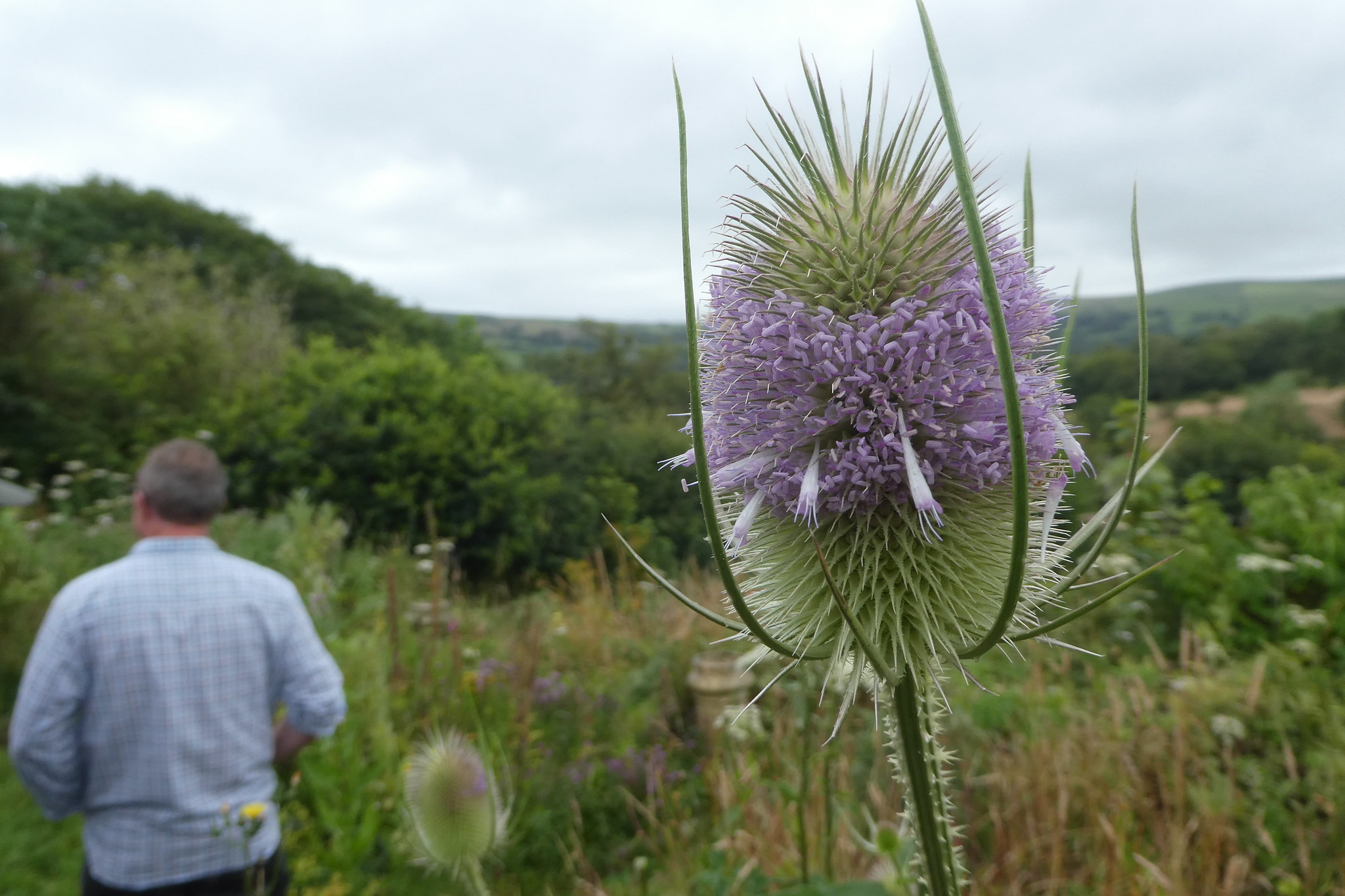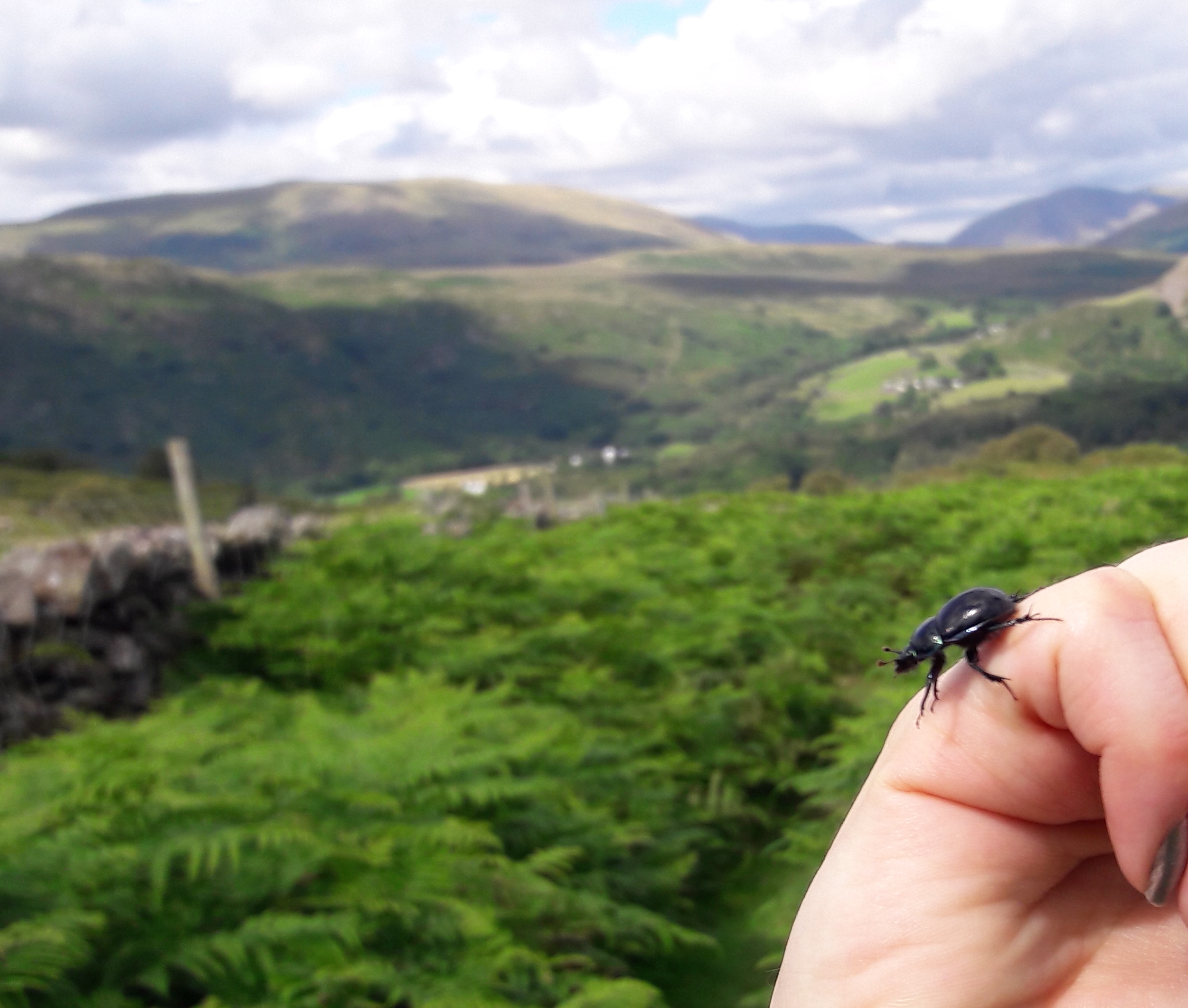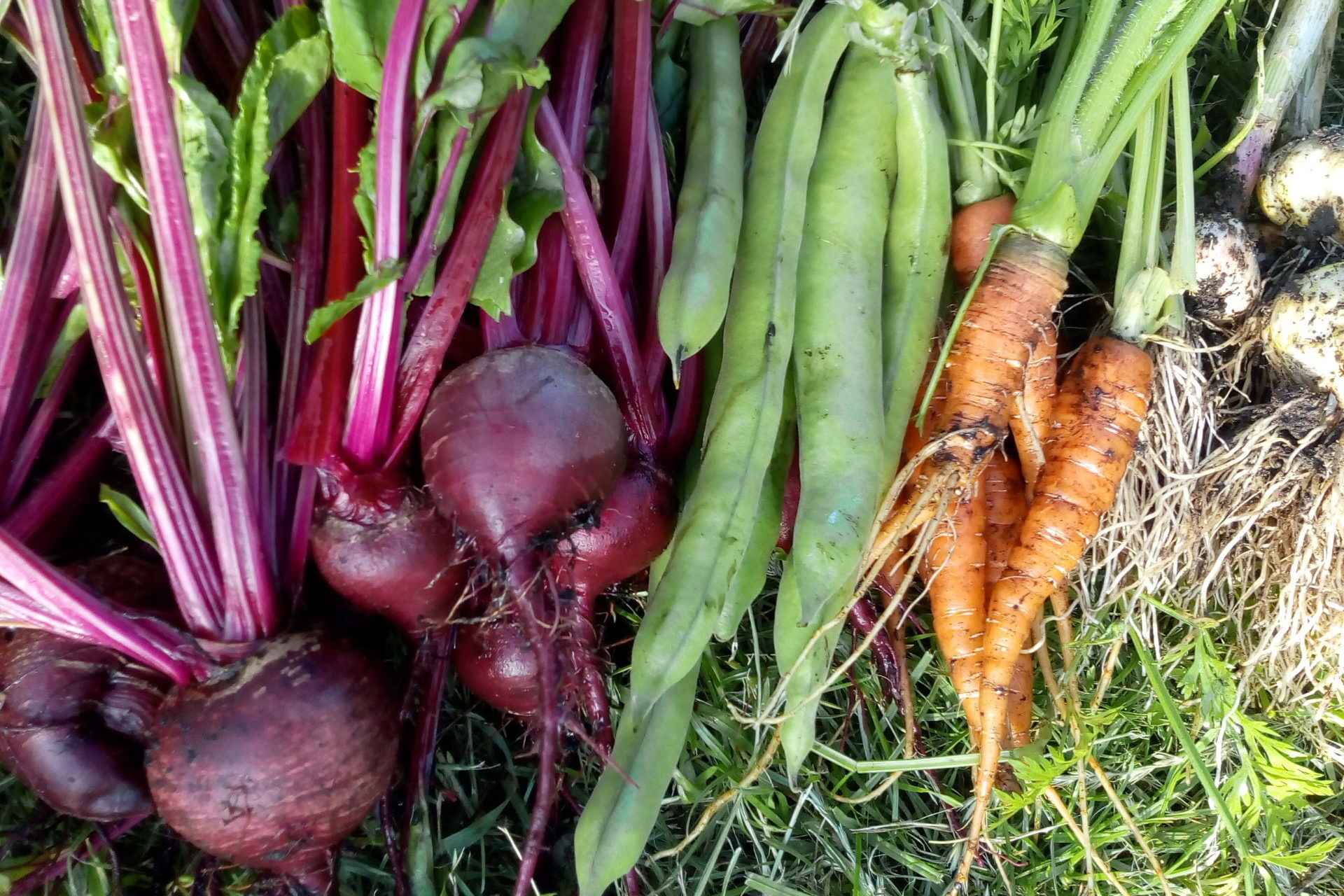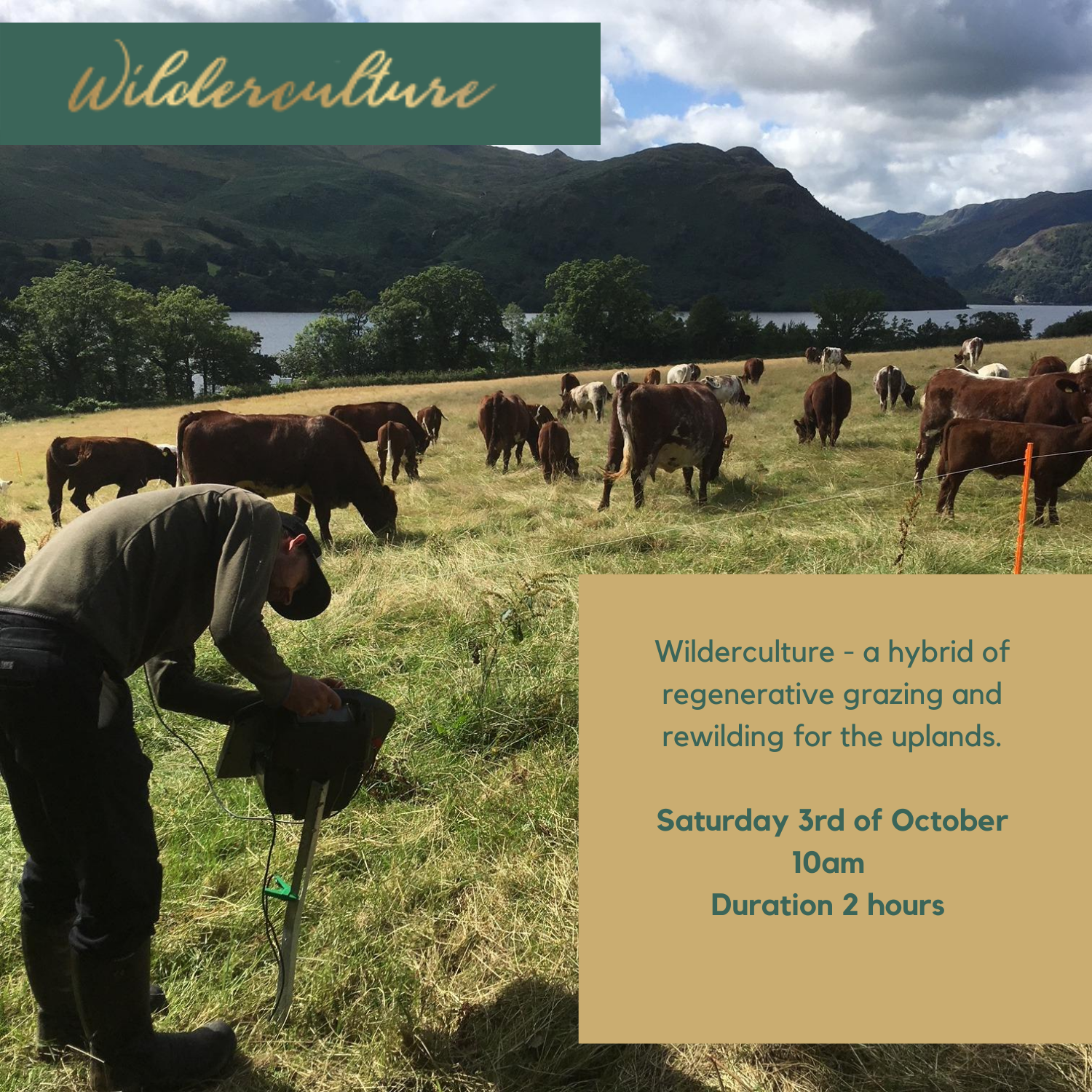Hosted by the Nature Friendly Farming Network
The tenanted sector currently makes up 25% of Scottish farmland and currently many smaller-scale urban and rural growers work under a lease or business agreement across Scotland. We know that transitioning to regenerative nature friendly practices requires a commitment to long-term land-use change and that in turn, requires those who own the land to work in collaboration with those who manage the land. NFFN will be joined in this session by three successful landowner/ manager collaborations from across Fife, demonstrating what this is achieving for their individual businesses, their communities and ultimately, the climate and nature. James MacKessack- Leitch from the Scottish land Commission will also outline current opportunities supporting more of these types of partnerships and joint ventures across Scotland.
Speakers/hosts include:
Kirsty Tait – Kirsty is the Sustainable Farming Lead- Scotland for the Nature Friendly Farming Network. With a background in tenant farming, land reform and rural & urban community development, she specialises in practice and project delivery and bottom-up policy development & influence.
Claire Pollock – Claire is from Ardross Farm which is family run. Ardross Farm sits across 1,300 acres on two estates in the East Neuk, is farmed regeneratively and produces wheat, barley, oilseed rape and beans, as well as raising PFLA certified grass-fed breeding cows and sheep and free-range poultry. There are more than 40 different kinds of vegetables grown here, and these along with the award-winning beef, lamb, mutton and chicken and now honey are all produced exclusively for their award winning farm shop.
Bryde Marshall – Bryde is from Falkland Kitchen Farm. Falkland Kitchen Farmbegan in 2014 when a young couple, Bryde and Nat, moved onto a small field on the Falkland Estate with nothing more than a polytunnel, a couple of spades and a big vision. They aimed to explore ways of growing and cooking exceptional food that would connect them to the natural environment and food heritage. Driven by a deep passion to create a vibrant food system, they are now a thriving young farm delivering our veg across Fife, Perth, and Dundee and cooking their amazing seed to plate menus at events across Scotland.
James MacKessack-Leitch – James comes from an arable family farming background in Moray and has a range of experience in the private and public sectors as well as with voluntary organisations, not least as a former director and vice-chair of the Forres Area Community Trust. As a Policy and Practice Lead, James contributes to the Scottish Land Commission’s work on land governance, land and human rights, land access for agriculture, and Common Good land and assets.

